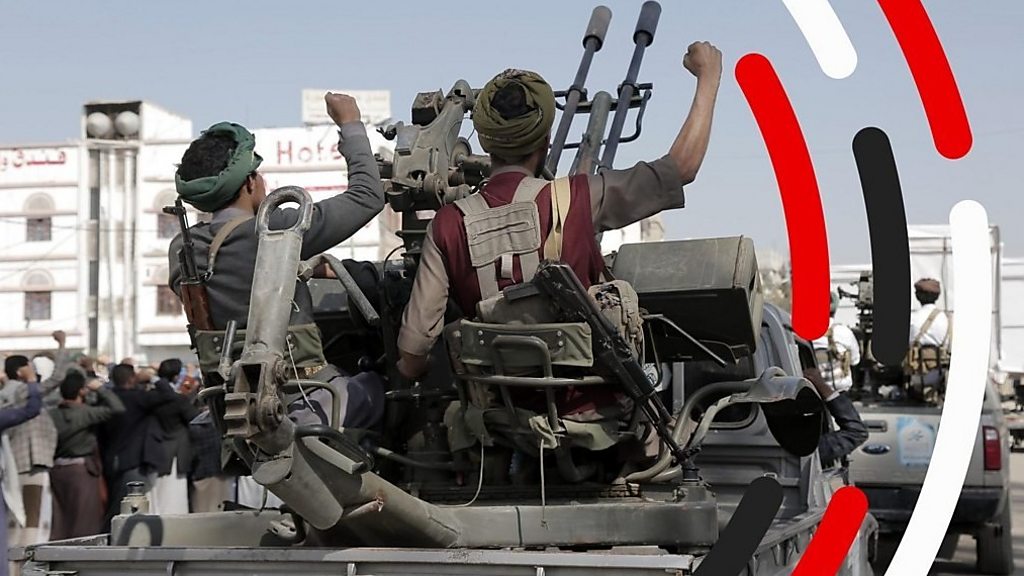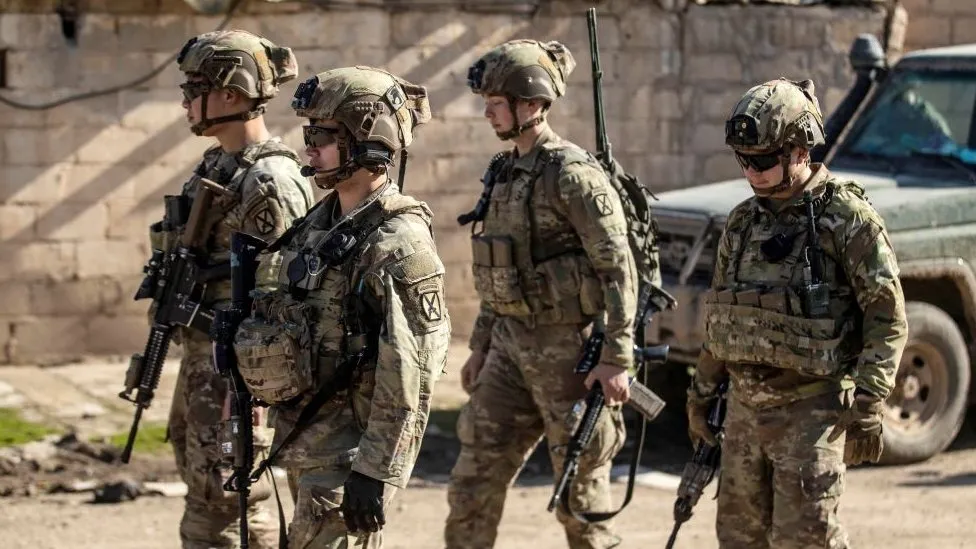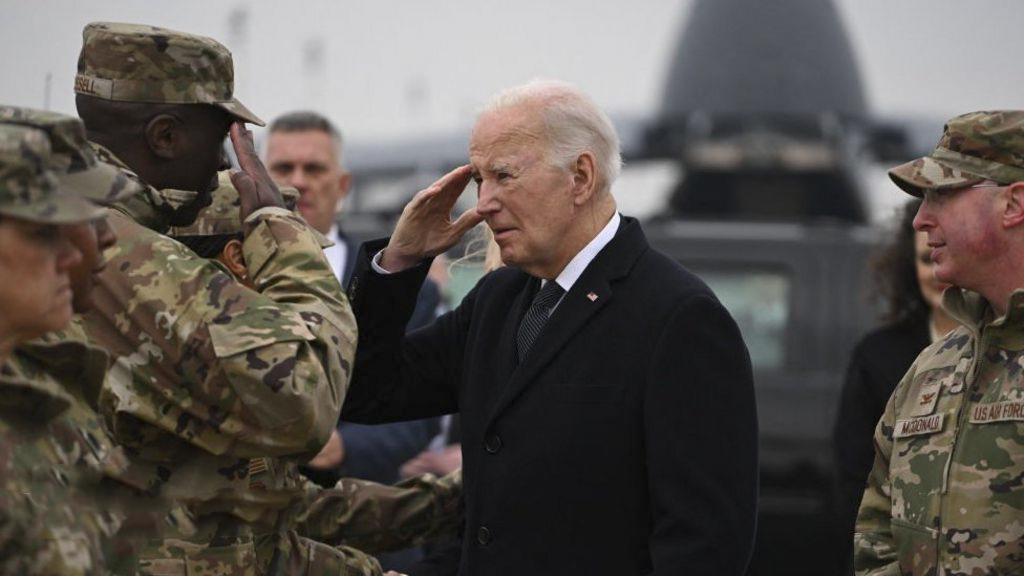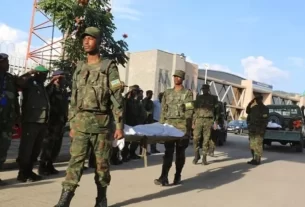Nearly a week after a drone strike in Jordan killed three US soldiers, retaliatory strikes against Iran-backed militias have begun.
The strikes had been expected for several days, and in the interim, the Biden administration began to face questions and criticism from Republicans about the timing and forcefulness of the US response. But foreign policy experts believed the approach allowed Iran to withdraw personnel, potentially avoiding a wider conflict between the US and Iran.
“This would allow them to degrade the capacity of these Iranian-backed militias to attack US forces, but not escalate,” Mick Mulroy, a former deputy assistant secretary of defence for the Middle East, told the BBC. “Although it is likely not going to be a deterrent to future attacks.” The ultimate benefit, he said, would be “to avoid a direct war” between the US and Iran.
The US struck the Iranian Revolutionary Guards Corps (IRGC) Quds Force and affiliated militias in Iraq and Syria, at seven sites in total. Bombers hit 85 individual targets, according to US defence officials.
US strikes in Iraq and Syria: Follow live updates.
“Let all those who might seek to do us harm know this, If you harm an American, we will respond,” President Joe Biden said, US officials have blamed an Iranian-backed militia group, the Islamic Resistance in Iraq, for the Jordan attack. The organisation – an umbrella group of multiple militias – is believed to have been armed, funded and trained by Iran.

Iran has denied any involvement in the drone strike, which also injured 41 US troops, Defence and security officials said that weather had made it difficult to retaliate sooner, with Friday presenting the best conditions for launching strikes.
Though the White House and Pentagon also repeatedly said they were avoiding “Telegraphing” operations in the days leading up to the strikes, experts believe they did just that – with the ultimate intention of avoiding a wider war with Iran.

Arabian Gulf States Institute of Washington fellow Hussein Ibish, said the delay appeared to be the US signalling “What they’re not going to do, which is strike inside Iran”. Mr Mulroy told the BBC, Our source to this Story. “It is possible that the US allowed Iranian Revolutionary Guard personnel “to leave the facilities that are going to be struck”.
Experts noted the US must walk a fine line between deterring a country like Iran without igniting a greater conflict.



